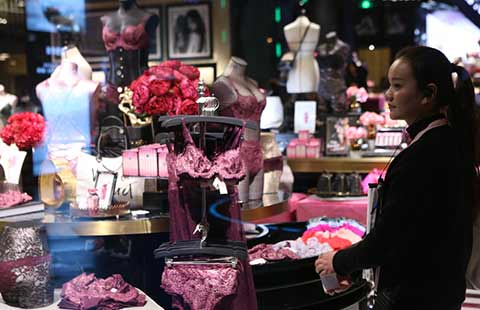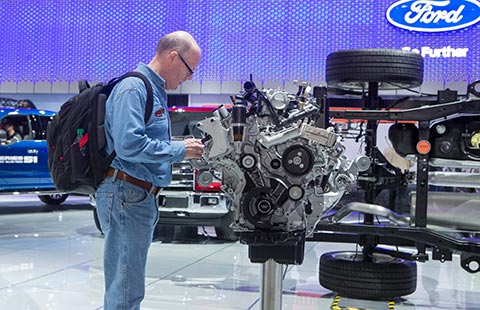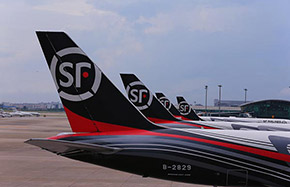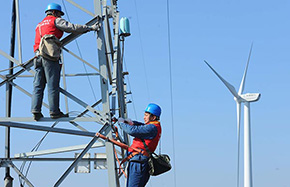Trade agreement signed with California
By Ding Qingfen (China Daily) Updated: 2013-04-10 23:27In October, two members of the US House of Representatives Intelligence Committee accused two Chinese telecom equipment companies — Huawei Technologies Co and ZTE Corp — of posing a potential national security threat to the US.
A month earlier, US President Barack Obama issued an executive order for Chinese-controlled Ralls Corp to divest its interest in four wind farm projects, located near a US Navy weapons-testing facility in Oregon.
"Economic and trade relations are the most important parts of the positive push for China-US relations," said Wang.
"The Chinese local governments and the US states show strong willingness, and are highly motivated to enhance economic and trade relations," he said.
In 2012, China-US trade reached $484.7 billion, close to 200 times more than when the two established diplomatic ties.
China's cumulative outbound direct investment in the non-financial sector in the US reached $10 billion by the end of 2012, while cumulative US direct investment in China stood at $70 billion.
Dominic Ng, chairman and chief executive officer of EastWest Bank, said: "The US restrictive measures against Chinese investment is only one side of the issue; the majority of American state governments are more than welcoming to Chinese investment, as they want jobs and economic growth.
"We see golden opportunities in the next decade for China's investment in the US."
Jerry Brown, governor of California, agreed, adding that the US government has its own foreign policy, which has nothing to do with those of state governments.
"We are totally open to China — it's about jobs, and it's about investment," said Brown.
Related Readings
Chinese craving for organics is growing in California
Golden opportunities for California
California attracts cars of the future
China’s investment in California to reach $60b by 2020
- Chinese financial M&A remain buoyant in 2016: Report
- China invested $14.5 billion in Belt and Road countries last year
- First China-produced passenger plane set for its maiden voyage
- Mobile World Congress: Nokia launches three new smartphones
- Mobile World Congress in Barcelona
- Alibaba bets on global ambassadors for a cosmopolitan touch
- Chinese New Year behind record New Zealand visitor numbers: Statistics agency
- Huawei unveils new devices P10, P10 Plus in Barcelona


















